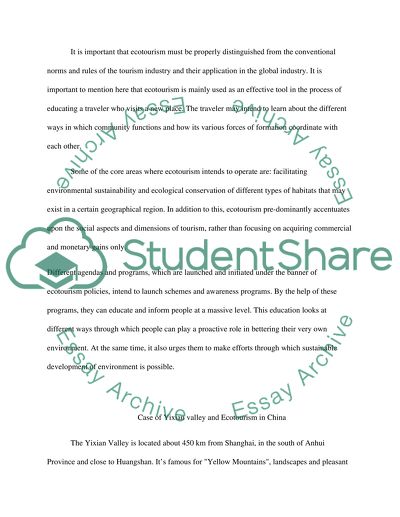Cite this document
(“Ecotourism in China Term Paper Example | Topics and Well Written Essays - 3250 words”, n.d.)
Retrieved de https://studentshare.org/tourism/1392415-ecotourism-in-china
Retrieved de https://studentshare.org/tourism/1392415-ecotourism-in-china
(Ecotourism in China Term Paper Example | Topics and Well Written Essays - 3250 Words)
https://studentshare.org/tourism/1392415-ecotourism-in-china.
https://studentshare.org/tourism/1392415-ecotourism-in-china.
“Ecotourism in China Term Paper Example | Topics and Well Written Essays - 3250 Words”, n.d. https://studentshare.org/tourism/1392415-ecotourism-in-china.


